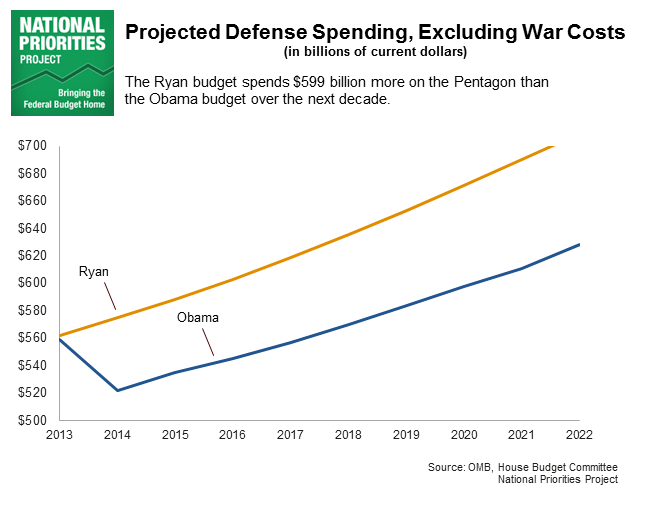We might begin by examining what we do with the fruits of our labors, that is, our incomes. We can do this on a personal basis in two ways.
One, how do I spend my money? Am I giving enough to others or am I keeping everything for myself? This is a moot point, of course, if we make little and support our families with a modest income, but it becomes more serious if we are making enough to judiciously share with others and we choose not to do so. This should be one of those matters we grapple with as people who live in good conscience.
Two, how do I help my collective, my society, my nation, to spend our collective funds in a wise way that tends to produce more peace, more justice? In other words, how is our public treasure--mostly our taxes--spent? Can we justify our massive devotion to our war machine when so many are in dire need of the basic necessities of life? Do we somehow believe that maintaining injustice will foster peace for us now or in the future?
As Kent Shifferd (2011) observes, “One nation spends $4.5 million on a robot killing machine while multitudes in another try to live on a dollar a day and scrounge in burning garbage dumps for food” (p. 103).


There is daylight between these budgets, enough to do real harm or real good (all in the context of keeping the same basic commitment to a war system, certainly). It will be up to each of us to personally assess the value of our votes as we think about it all over the next period leading up to the election. At the very least, we might keep in mind those who are forced by structural violence, by extreme poverty, to sift garbage for food, and ask if a fed budget spending less on armaments might be better for those people and ultimately for all of us.
References
Shifferd, Kent D. (2011). From war to peace: A guide to the next hundred years. Jefferson,
NC: McFarland.



No comments:
Post a Comment